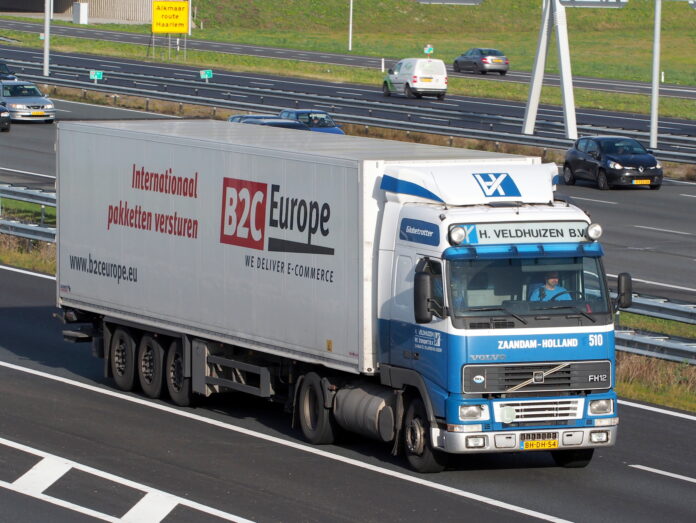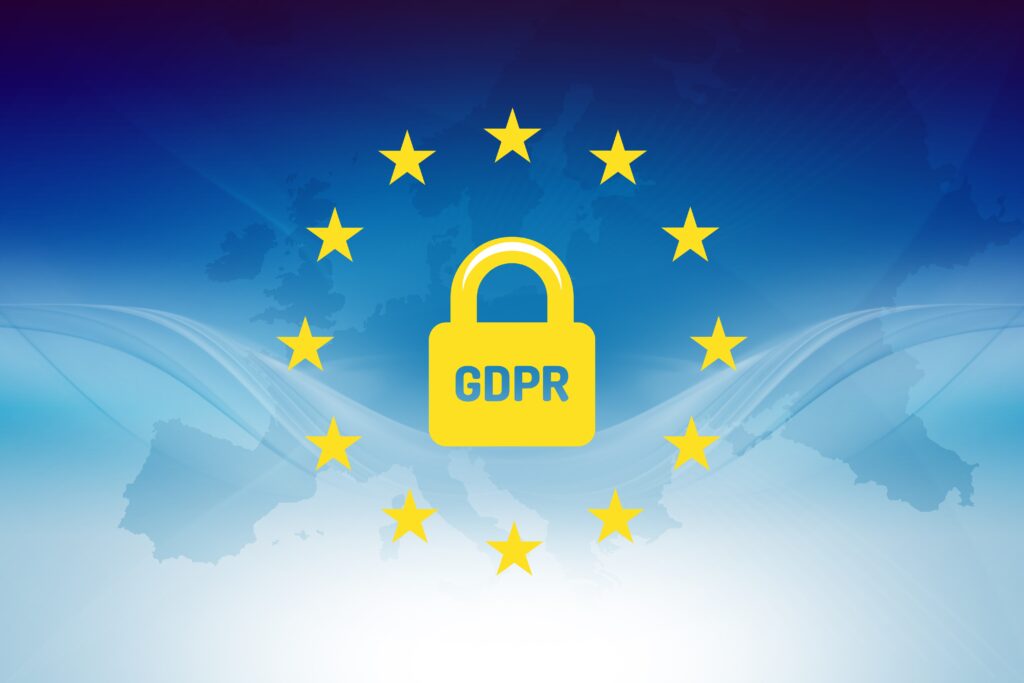
In today’s data-driven world, protecting personal information has never been more critical. The General Data Protection Regulation (GDPR) is a comprehensive data protection framework that affects businesses and organizations across various industries, including fleet management. Fleet managers, responsible for vast amounts of data related to drivers, vehicles, and operations, must understand and comply with GDPR to safeguard data privacy and ensure smooth operations.
The Relevance of GDPR in Fleet Management
GDPR, enacted in May 2018, aims to harmonize data protection laws across the European Union (EU) and strengthen individuals’ data privacy rights. While it’s an EU regulation, it has extraterritorial reach, impacting any organization worldwide that processes the personal data of EU residents. Fleet managers must pay heed to GDPR for several reasons:
Data Processing
Fleet management involves the collection and processing of personal data, such as driver information, vehicle details, and even customer data. This data often includes names, addresses, phone numbers, and more, all falling under GDPR’s purview.
EU-Based Operations
Even if your fleet operates primarily outside the EU, if you handle data on EU residents, GDPR applies to you. Compliance is essential to avoid penalties, which can often be substantial.
Customer Trust
Demonstrating GDPR compliance enhances customer trust. Clients want to know their data is handled responsibly and securely, making GDPR adherence a selling point.

Key GDPR Principles
To demystify GDPR, let’s explore its key principles and how they apply to fleet management:
Lawfulness, Fairness, and Transparency
Fleet managers must have a lawful basis for processing personal data. Consent is one option, but it’s not always the best choice. Legitimate interests, contractual obligations, and legal compliance can also serve as lawful bases. Transparency involves informing individuals about data processing.
Action for Fleet Managers: Review your data processing activities, ensure you have a valid legal basis, and communicate clearly with data subjects (drivers, customers) about how their data is used.
Purpose Limitation
Personal data should be collected for specific, explicit, and legitimate purposes and not further processed in a way incompatible with those purposes.
Action for Fleet Managers: Clearly define the purposes for which you collect data and avoid using it for unrelated activities.
Data Minimization
Collect only the data necessary for the stated purposes. Don’t hoard data.
Action for Fleet Managers: Regularly review data collection practices and delete unnecessary or outdated information.
Accuracy
Data must be accurate and kept up to date. Inaccurate data can lead to misunderstandings or compliance issues.
Action for Fleet Managers: Establish data validation processes and ensure information is current and correct.
Storage Limitation
Data should be stored for no longer than necessary for the purposes for which it’s processed.
Action for Fleet Managers: Develop data retention policies and delete data that’s no longer needed.
Integrity and Confidentiality
Personal data must be processed securely, ensuring confidentiality and protection against unauthorized access or loss.
Action for Fleet Managers: Implement strong cybersecurity measures, encrypt data, and restrict access to authorized personnel.
Accountability and Transparency
Fleet managers must demonstrate compliance with GDPR. This includes maintaining records of data processing activities and conducting data protection impact assessments (DPIAs) when necessary.
Action for Fleet Managers: Keep detailed records of data processing activities and conduct DPIAs for high-risk operations.

10 Steps to Ensure GDPR Compliance
Achieving GDPR compliance in fleet management requires a systematic approach:
1. Data Mapping: Identify all data sources and types, including driver information, vehicle data, and customer records.
2. Legal Basis Assessment: Determine the lawful basis for processing each type of data.
3. Consent Management: If relying on consent, ensure it’s freely given, specific, informed, and unambiguous. Provide opt-in and opt-out mechanisms.
4. Privacy Policies: Develop clear, accessible privacy policies that explain data processing to data subjects.
5. Data Protection Officer (DPO): Appoint a DPO if necessary, someone responsible for data protection compliance.
6. Employee Training: Educate staff on GDPR principles and their role in compliance.
7. Security Measures: Implement robust cybersecurity measures to protect data from breaches.
8. Data Subject Rights: Establish procedures for handling data subject requests, such as access or deletion requests.
9. Breach Response Plan: Create a data breach response plan to notify authorities and affected individuals promptly.
10. Ongoing Compliance: Regularly review and update your GDPR compliance efforts to stay aligned with evolving regulations.
Working With GDPR Regulations
GDPR compliance need not be a daunting task for fleet managers. By understanding the key principles, assessing data processing practices, and taking appropriate actions to protect personal data, fleet operations can thrive while respecting individuals’ data privacy rights. Embrace GDPR as an opportunity to build trust, enhance security, and demonstrate your commitment to responsible data handling in the world of fleet management.




